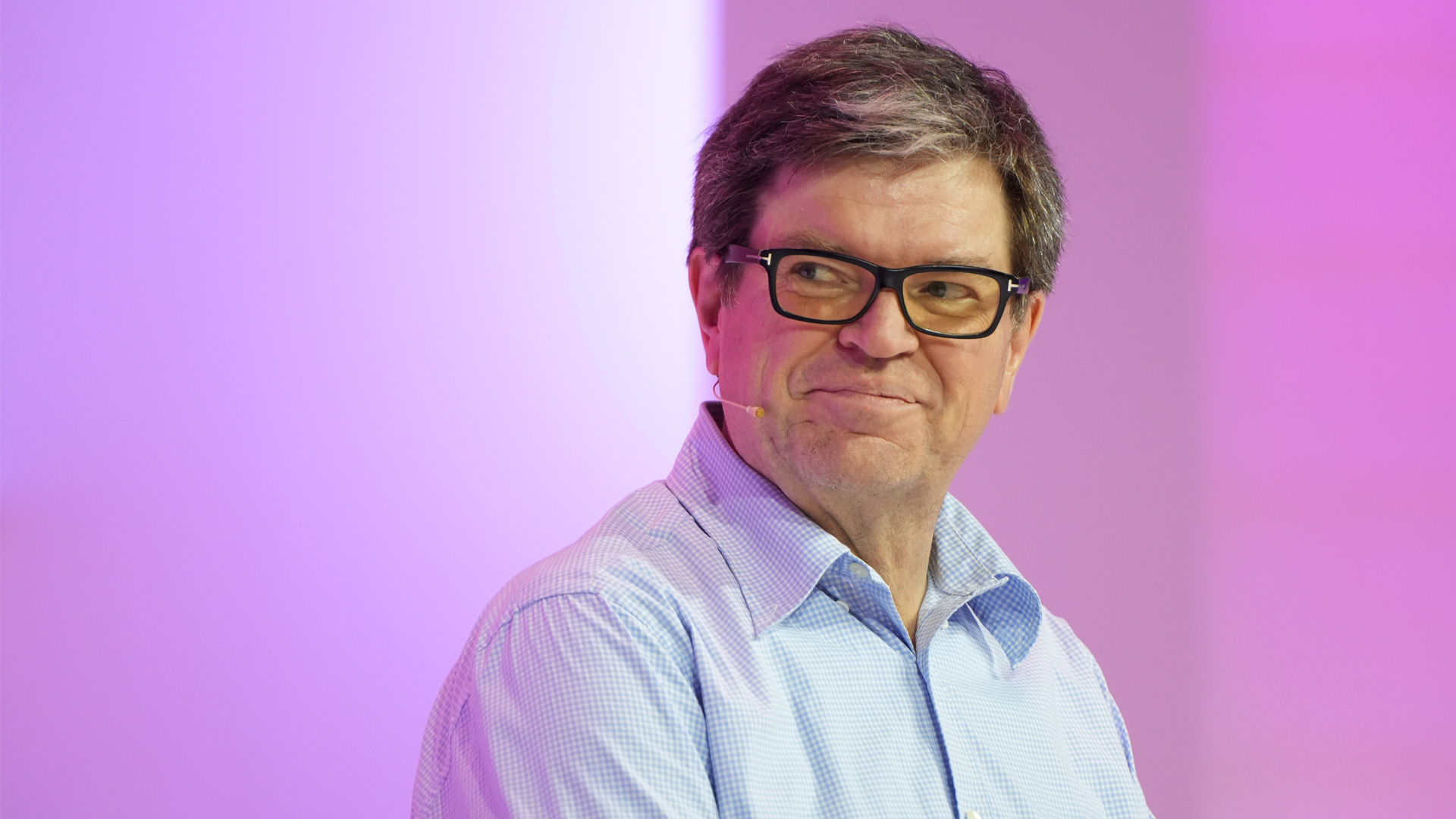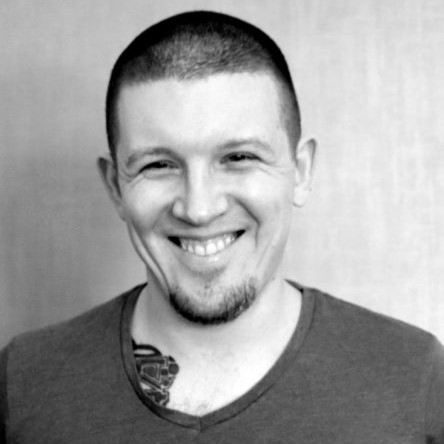Meta's 'godfather of AI' departs the company to form his own startup — Turing award winner Yann LeCun advocates for the development of World Models over LLMs
The 12-year veteran of Meta and Turing award winner has focused on developing AI that learn from images and video, rather than text.

Meta's chief AI scientist, Yann LeCun, is leaving to found his own startup in the coming months, according to a new report. This is a huge blow for Meta, which went on an aggressive, expensive hiring spree in 2025 to build out its AI development divisions with key talent, often attempting to poach them from competitors. A 12-year veteran of the company, LeCun has been instrumental in Meta's AI research throughout many of the company's eras, but now seems set to strike out on his own to develop what he sees as the next frontier in AI development, the Financial Times reports.
French-American Yann LeCun has a long history of AI research, with notable work in the fields of optical character recognition and computer vision. He received the Turing Award in 2018 for his work on deep learning, and alongside Geoffrey Hinton and Yoshua Bengio, is often referred to as one of the three "Godfathers of AI."
He became the director of Meta's AI research division in 2013, before becoming its chief AI scientist later that decade. Despite his long tenure at the company, those around him claim he's keen to move on to develop "World Models." Unlike the large language models (LLM) of today's AI, World Models use video and spatial data, rather than text, to understand the world around them. These are particularly handy for anything interfacing with the real world, such as robotics or self-driving cars.
This is distinctly different from the approach Meta is taking with its current AI division, which may be the catalyst behind LeCun looking to explore greener pastures.
Second place and third-fiddle
Like Google and Microsoft, once the shockwaves of OpenAI's ChatGPT launch were felt throughout the industry, Meta pivoted toward developing its own large language models. It had maintained an AI research division for over a decade, and Mark Zuckerberg had spent the previous few years pushing his Metaverse VR concept as hard as his multi-billion-dollar fortune and multi-trillion-dollar company would allow.
But to date, Meta has struggled to make a serious impact. Meta's Llama AI models having clear weighting has drawn praise, but it has repeatedly underperformed when compared to competitors such as DeepSeek, Google, and xAI.
In an effort to remain competitive, Meta went on a hiring spree this year, spending over $14 billion to acquire the CEO of data annotation firm, ScaleAI, Alexandr Wang, as well as offering signing bonuses of up to $100 million, while attempting to poach top talent from OpenAI, Google, and others. Mark Zuckerberg reportedly maintained a list of the most enticing talent and reached out to many of them personally to try to secure their employment, all while it struggled to retain the talent it already had.
Zuckerberg has come under increasing pressure from Meta investors to show the potential profit behind his AI investments. Meta's stock lost over $240 billion in value after Zuckerberg revealed plans to spend over $100 billion in AI in 2026.
This may be why, with this influx of new talent, Meta has pivoted away from developing an AI to compete with contemporary models and is instead focusing on developing "superintelligence" as part of a newly designated "TBD lab." Under this new structure, Meta's AI product team, data center and infrastructure teams, and fundamental AI research team led by LeCun, would all report directly to the 28-year-old Alexandr Wang.
Wang, former roommate of Sam Altman and once the world's youngest billionaire, has drawn criticism (and is under investigation) for allegations that his company used low-paid workers to generate vast quantities of annotated data that could be used as AI training data. This stands in stark contrast to LeCun's pedigree and may well be a factor in his departure.
The future is elsewhere
For the head of Meta's AI research, Lecun has also been highly critical of the kind of AI that Meta is developing. In April, NewsWeek quoted him as saying that large language models would be obsolete in just a few years, and cited a talk he gave in 2024 where he advised young developers not to "work on (LLMs)," and instead told them "there's nothing you can bring to the table."
Instead, LeCun has been advocating for the development of "World Models." These AI models leverage data from the real, physical world, including video, to understand the world around them. The Financial Times reports that LeCun believes it could take up to a decade for these kinds of AI models to reach maturity, but that when they do, they'll be a far better fit for physical devices that can be enhanced with AI.
If that proves to be the case, Meta may be on the cusp of losing one of the foundational developers of not only the AI of the past, but the AI of the future, too. While Meta has all the money in the world to try to tempt him back, shareholders may not be so keen to spend it, leaving Meta increasingly boxed in despite its longstanding industry position.

Follow Tom's Hardware on Google News, or add us as a preferred source, to get our latest news, analysis, & reviews in your feeds.

Jon Martindale is a contributing writer for Tom's Hardware. For the past 20 years, he's been writing about PC components, emerging technologies, and the latest software advances. His deep and broad journalistic experience gives him unique insights into the most exciting technology trends of today and tomorrow.
